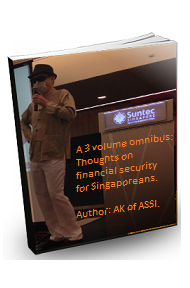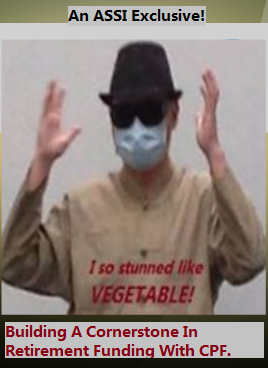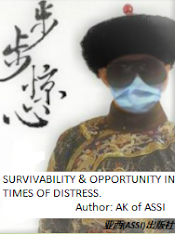Over the weekend, I spoke with a friend who told me that his uncle is interested in investing in properties in Japan. Actually, he is not the first person to talk to me about the subject. Two other people spoke with me in the last 3 or 4 weeks expressing the same interest.
Ever since Prime Minister Shinzo Abe launched "Abenomics" in order to break the country out of vicious deflation which has lasted some 20 years, there has been renewed optimism that Japan could finally grow its economy once more. Although some might claim that Japan has joined USA and Europe in devaluing currencies, Japan has claimed that it is only bringing its currency down from an over valued position to a value that is more in sync with the current value of the US$.
Against the S$, the JPY has come down more than 20%. So, not only is Japan once again a less expensive destination for holiday seekers from Singapore, together with early signs of economic growth, it has also become a more attractive investment proposition.
Therefore, it should come as no surprise that some in Singapore should be looking at investing in Japanese real estate now. Indeed, anecdotal evidence shows that American and Chinese investors have already started doing so.

However, unless we have a lot of money and we have someone whom we can absolutely trust in Japan, I would caution against investing directly in Japanese real estate. It is complicated for foreigners to actually own a piece of real estate in Japan and we also do not have access to housing loans in the country. So, 100% cash down is required.
If we are really interested in investing in Japanese real estate, be it for rental income or possible capital appreciation, there are options right here in Singapore. Regular readers would have guessed the answer.
Off the top of my head, Saizen REIT is currently trading at about 20% discount to NAV even after the JPY has weakened so much against the S$. Gearing level has increased to 39%. At 18.7c a unit and a more conservative estimate of a 1c annual DPU due to the much weaker JPY, we are looking at a distribution yield of 5.35%.
I do not think we can do better than this by directly buying an apartment in Japan without any leverage. The theoretical non-leveraged yield of Saizen REIT is about 3.85% and it is truly passive income compared to being a landlord of an apartment.
What about Croesus Retail Trust? It is now 96c a piece. Before the launch of "Abenomics", I was pessimistic about the retail sector and, consequently, shopping malls in Japan. In its 2011 report, Starhill Global REIT's management said as much although not in the same words.
However, anecdotal evidence shows a revival in the Japanese retail sector since the launch of "Abenomics". As inflation returns to the Japanese economy, the people no longer defer purchases in the hope of lower prices in a deflationary environment. Consequently, this means brighter prospects for Japanese shopping malls.
At its IPO price of 93c a piece, it projected a distribution yield of 8%. However, the Trust's gearing level of 48% based on the appraised value of its properties is much higher than Saizen REIT's current gearing. Of course, gearing will magnify gains. Nonetheless, the theoretical non-leveraged yield of Croesus Retail Trust is 5.41%.
With a brighter outlook for the Japanese economy and retail sector, Croesus Retail Trust is beginning to look attractive as an investment for income.
In conclusion, with Japan's fortunes seemingly turning up, there will be an increasing level of interest in investing in Japan and real estate will be a natural consideration. We don't have to look too far to benefit from the improving fortunes of the country.
Related posts:
1.
Croesus Retail Trust
2.
Saizen REIT: Refinancing.
"REITs that buy apartments benefited from a shortage of new supply and a stable
number of tenants in a nation where less than half of Japanese under the age of
40 own their own home. Japan has accelerated efforts under Prime Minister Shinzo Abe
to end deflation and boost the world’s third-largest economy, including measures
to revive the property industry, which has been struggling since an asset bubble
burst two decades ago. The government has a target to increase assets owned by
REITs by 40 percent by 2020. "
(Source:
Japan Apartment Real Estate Proving Best: Riskless Return)
















